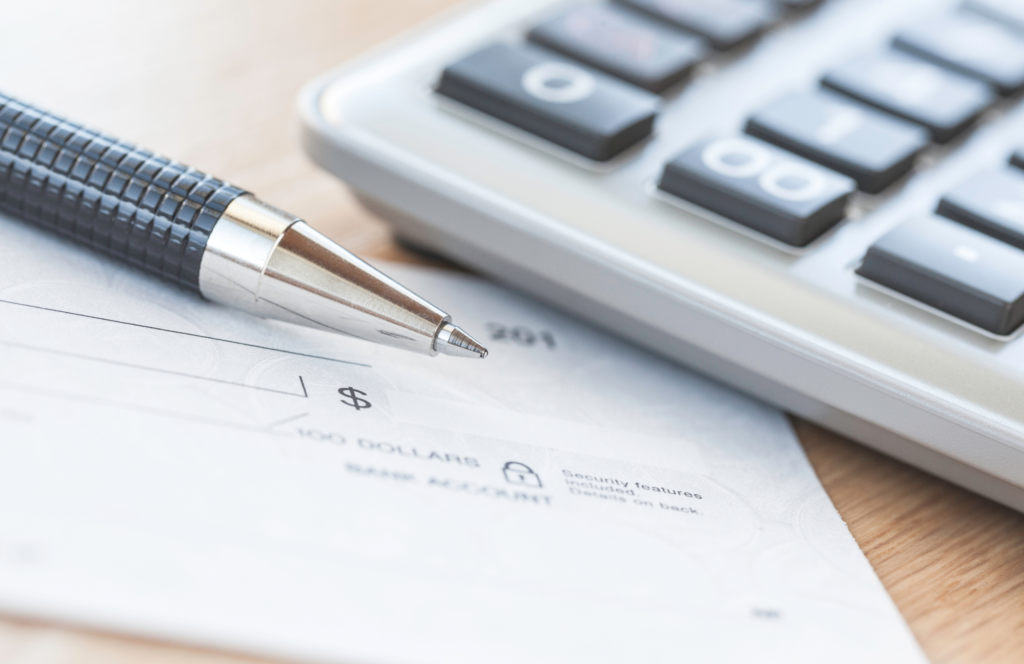
An earnest deposit, also known as an “earnest money deposit” or simply “earnest money,” is a sum of money that a buyer puts down as a show of good faith when making an offer on a home. Essentially, it’s a way of showing the seller that you’re serious about purchasing their property and that you’re willing to put your money where your mouth is.
The amount of an earnest deposit can vary depending on the price of the home and the local real estate market. In general, however, it’s typically around 1-2% of the purchase price. So, if you’re buying a $300,000 home, you might be expected to put down an earnest deposit of $3,000-$6,000.
So, what does this money go towards? Well, if your offer is accepted and you go through with the purchase, the earnest deposit will typically be applied towards your closing costs or your down payment. If, however, the deal falls through for some reason (such as the seller backing out or the home failing to pass inspection), you may be able to get your earnest deposit back.
It’s important to note, however, that this isn’t a guarantee. If you back out of the deal without a valid reason, the seller may be able to keep your earnest deposit as compensation for the time and effort they put into the sale.
Overall, an earnest deposit is a key part of the home buying process. It shows the seller that you’re serious about purchasing their property, and it can help give you an edge in a competitive real estate market. Just be sure to understand the terms of the deposit before you put any money down.
